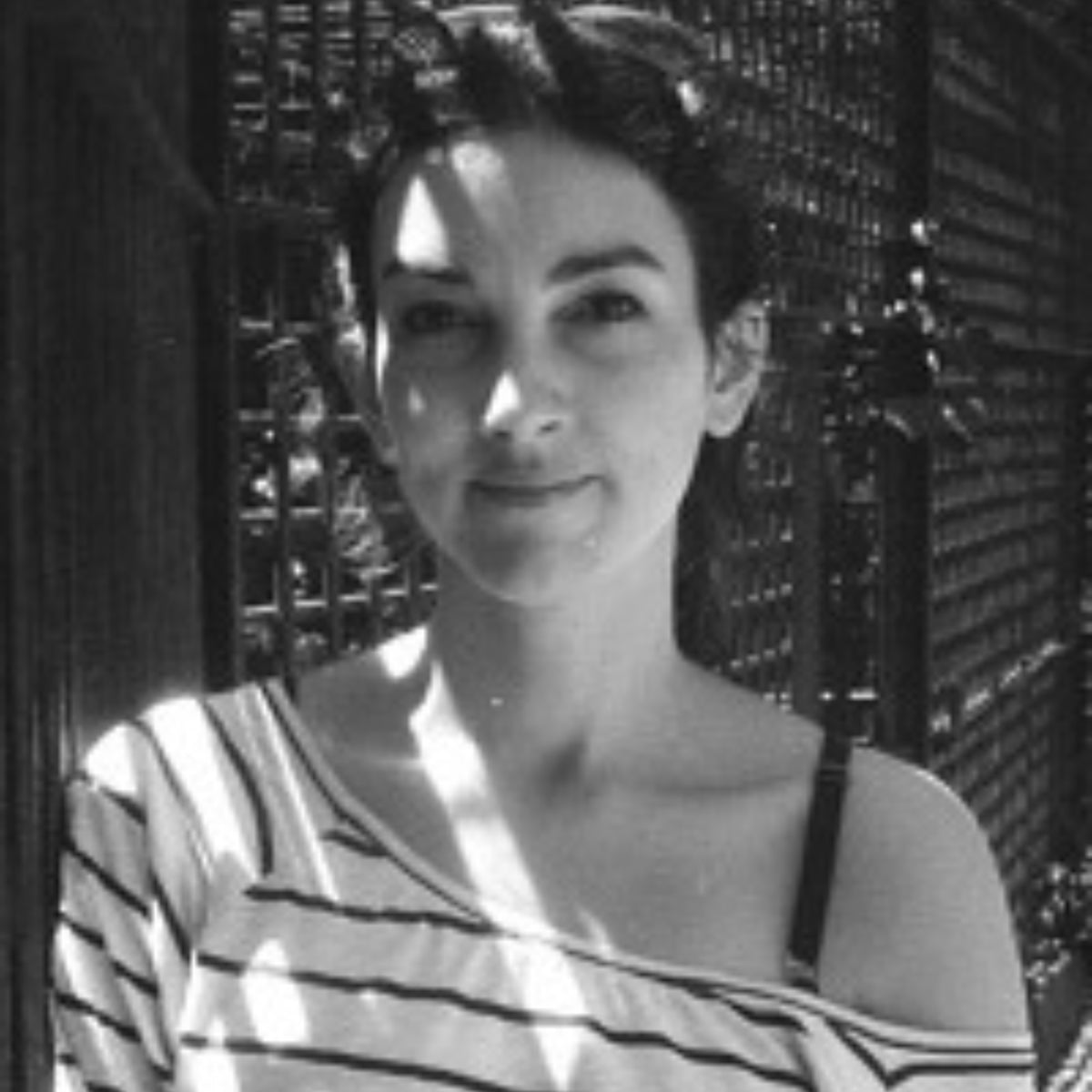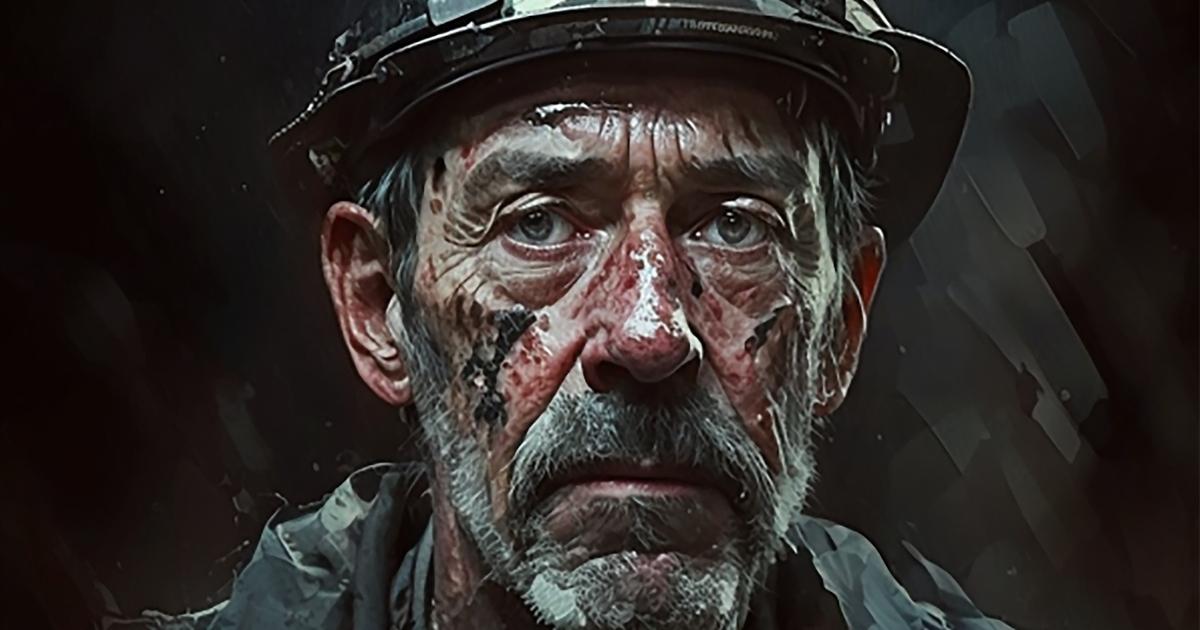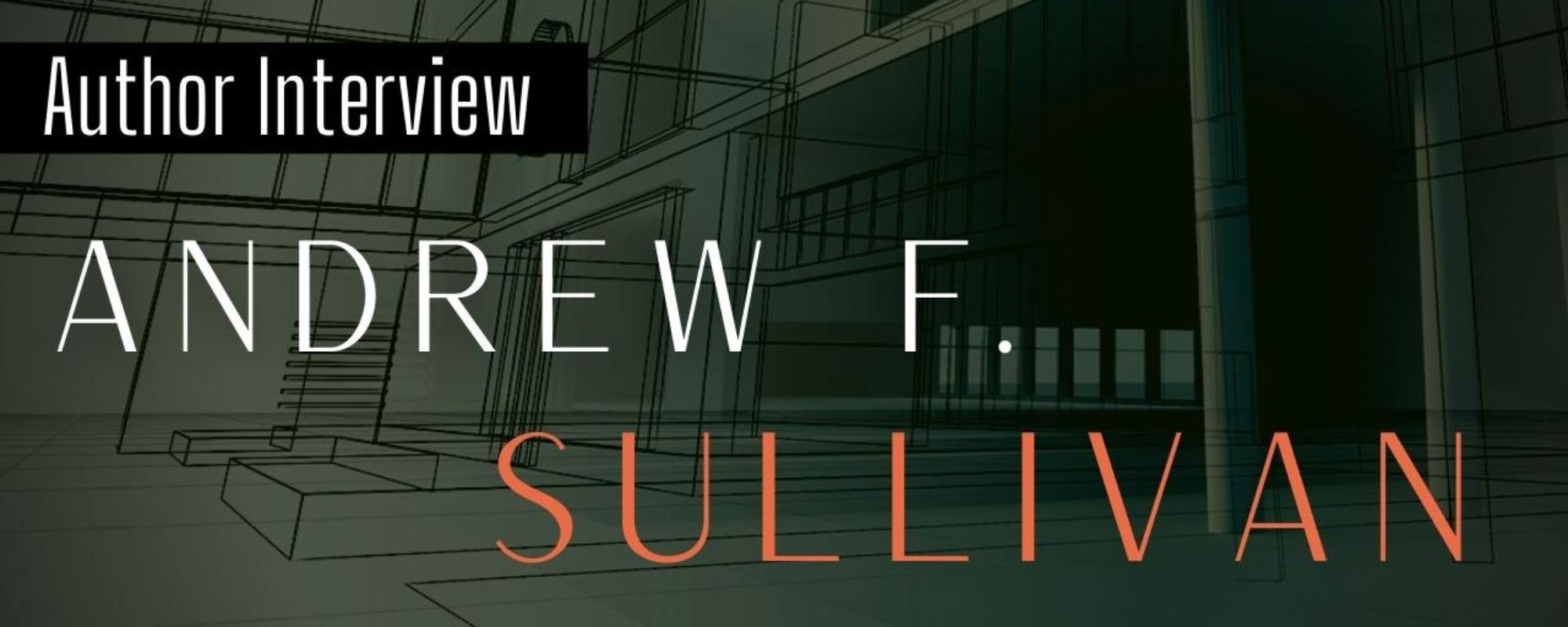

Author Interview: Andrew F. Sullivan
Feature by Marissa van Uden
The Marigold, by Andrew F Sullivan, is an eco-horror mystery about a city—near-future Toronto—succumbing to corporate “luxury” development and the ambitions of the rich in a time of climate change and worker exploitation. It is a city, as one of the characters says, “in managed freefall.”
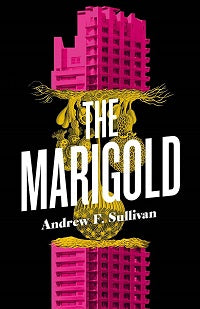
The Marigold
(ECW Press)
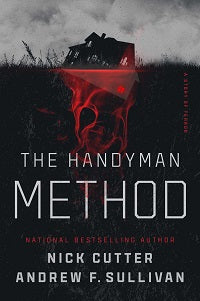
The Handyman Method
(Gallery / Saga Press)
The novel is told through a mosaic of character perspectives: the young Henrietta Brakes who has lost something in a sinkhole; Cathy, the public safety inspector and her partner Jasmine; Soda, the gig worker whose father is obsessed by conspiracies; a very creepy gardener who remains unnamed; and Stan Marigold, the manipulative owner of the faux-luxury condo tower that gives the novel its name. There are also glimpses of life in The Marigold, with its clogged garbage chutes, gurgling sinks, and sinister wet secrets, as shown through the eyes of its various tenants.
MARISSA VAN UDEN: Let’s start with where it all began: what was the original inspiration for The Marigold and how did it develop from there?
ANDREW F. SULLIVAN: I wanted to write a book about a city, one that had the sweeping scale you don’t get as much these days, from the street level to the top of the tower. I grew up in the shadow of Toronto, lived there for over a decade, and can still see the CN Tower from where I live these days. Toronto is a metropolis, the desperately insecure self-declared core of Canada, but also a confused place, one that often refuses to admit it’s a city and pretends it can just exist as a series of neighborhoods. It’s slightly unexamined as a sight of horror, despite its freezing concrete impression in winter and its soupy nights in summer.
It’s a place that tries to destroy any link to its past, a stand-in for other cities, often American ones. So, I wanted to write about the place that had kept me in its orbit for so many years. I wanted to write about a place that was decaying in plain sight, a place still worshiping the car, a place that had barely prepared for the future of our climate catastrophe. And Toronto was the perfect place for that. A haunted city desperate to explain that the ghosts you saw were never there at all.
MVU: The choice to write the novel from so many perspectives, including background characters, works brilliantly for this story. It allows the reader to get to know the city as its own complex character, to see the rot beneath, and to meet the different people trapped by circumstance within its corrupted systems or benefiting from them. When did you know The Marigold needed an ensemble cast to really tell the story right—was this something that came later or was it obvious from the first draft?
AFS: That was there from the very start. The Marigold was always going to be a polyphonic novel. I remember sitting on the subway, making notes on my phone, trying to count all the threads I created before weaving them together. There is no single protagonist for the novel, and even the four “leads” are all there to provide alternating perspectives on the Wet, my sentient mold. If there is a protagonist at all, it is the Wet itself. The city maybe plays a close second. It is a novel about the precarity of community, the empty spaces between people who live alongside each other.
I specifically did not want to have a heroic protagonist solving the “mystery” of the book or what everything means. The reader is learning about this city and its sickness through the characters. The suites especially were designed to give me a chance to stretch the limits of the narrative, to include a wider assortment of voices and characters, all grappling in their own way with the Wet and their failures. This is not a hero’s journey. This is not a mystery to be solved. There isn’t an out for the reader. You will find no absolution.
MVU: Some chapters portray the worst kinds of people…characters who are selfish and appalling and yet so beautifully written, so mercilessly human. Stan Marigold is one of the most fascinating, vivid and awful characters I’ve read in a while. What was it like to write someone like this and explore his psyche so deeply? What were the biggest challenges writing him, and what did you have the most fun with?
AFS: I’ve always written conflicted characters, probably the artifact of some latent Catholicism in my psyche. You can’t outrun the past. It’s going to haunt you. It haunts me no matter what I am now. There’s a capacity for right and wrong within everyone, it runs right through us, cracks your heart in half.
We all contain an ability to do great harm, whether we realize it or not. Sometimes the worst harm comes from that unawareness. But Stanley Marigold is very much aware, he is tapped into who he is and what he is good at. He succeeds until he doesn’t, and then he tries to find a way to rectify that by any means possible. He’s built his brand around a ruthless ambition that has rewarded him again and again in a society that embraces that kind of bloody success if you can get away with it.
MVU: One thread that runs through this novel is the inherent cruelty of the gig economy and its surveillance and targets based on profit, not people. Soda, who drives for Magellan, and his conspiracy-theorist father Dale, were two of my favorite characters to spend time with—Soda’s desperation was palpable. Do you think we have any chance of fighting back this wave of exploitative AI-managed jobs? What do you hope individuals in cities all over the world might do to make a difference?
AFS: That desperation is very real to me; something I have escaped for now. Counting your dollars, avoiding fees, watching every cent, fearing the arrival of each bill, and the end of the month coming for you without fail. The mental toll of poverty adds up. Life is more expensive, draining, and damaging when you’re broke. Every accident threatens to become a total catastrophe that could ruin your life and often does. The floor is weak and there is no bottom. You just keep falling. Being a single paycheck away from devastation breeds a certain kind of anxiety, one that eats away at the edge of your nerves and inflames the senses. It’s getting hit by the same relentless wave again and again, making it harder and harder to swim back to shore.
I don’t think fiction is necessarily a place for solutions, but I think skepticism and critical thinking are the same old tools to apply, whether it’s to apps, crypto, self-driving cars, or the latest grift of AI art. It’s creating tools to keep us apart, keep us scrambling, keep us surveilled and cowed by the possibility of exposing all our flaws and secrets. Thinking critically, listening to critical voices, taking away your own understanding from what you heard, that is how you learn. I recommend checking out podcasts like This Machine Kills and Tech Won’t Save Us that actually interrogate these questions about tech, and following writers like Jacob Silverman who refuse to accept the marketing copy provided by the latest scam artists. There’s a thousand Theranos born every day—they all want a piece of you, sometimes literally.
MVU: By all accounts, you’ve had a great experience working with your editor Jen Albert of ECW Press. Some readers might not know what really goes on at this stage of a novel’s development. Could you share a little about what it’s like to collaborate with a professional editor on a novel, and any cool insights you gained from it?
AFS: Working with Jen was a great experience, I’m deeply grateful for her advice and guidance through the revision process. Jen sees the big picture at all times, even when you’re debating a single line revision. She understands the size of the project and what is needed to make it succeed as a novel, a coherent whole. My first editorial note was something like 6,000 words, and all of it was relevant to improving the book. Throughout the whole process, I felt the best interests of the book were always at the forefront of Jen’s thoughts. There was a lot of work to do, but it all felt generative and exciting. A good editor keeps the faith in the book and in you, while demanding you take it just as seriously. I sat down each day invigorated. A good editor should be pushing you to create the best version of your vision, and that’s what Jen does every day. “Good enough” should not be an option.
MVU: I know you have someone very special in your life, a magical and friendly being known as Bread. Could you tell us who Bread is and what he’s been up to? How is Bread doing today?
AFS: My wife and I adopted a dog about five years ago from a rescue. Before that, he’d been captured off the streets of north Toronto by animal control. Iggy, or Bread as he is known on the internet, is a weird mix of English bulldog, pug, corgi, cocker spaniel, and some other strange strains of canine. It’s like living with a cartoon character or special edition Pokémon, what I would call a landatee. Bread gives me a reason to go outside even if I am in a dark place, a reminder that there are things bigger than myself out there. Right now, I imagine he is dreaming of killing a duck. They are his greatest foe and favorite prey. He lives to chase ducks. One day he will catch one. And then he can rest easy, knowing he fulfilled his purpose. It is good to have goals.
MVU: What’s next for you?
AFS: I’ve got a novel I co-wrote with my friend Nick Cutter called The Handyman Method out with Gallery/Saga Press in August. It’s a horror story about a corrupted DIY home improvement YouTube channel ruining a man’s life. We had a lot of fun working together to create this book, and I learned a lot from Cutter about the craft. There’s a dark fantasy series I wanted to pursue about witch hunting, and a novel about divorced dad boot camp stalked by a dark spirit that needs to get finished. The next big project is going to be about state capture, American gentry, and the vampiric nature of car dealerships. When I’m no longer excited about writing something new, I will know that it is time to hang up my hat and walk out into the woods for good.
The Marigold will publish April 18, 2023, from ECW Press. The Handyman Method will publish August 8, 2023, from Gallery/Saga Press. Both books are currently available for pre-order wherever books are sold.
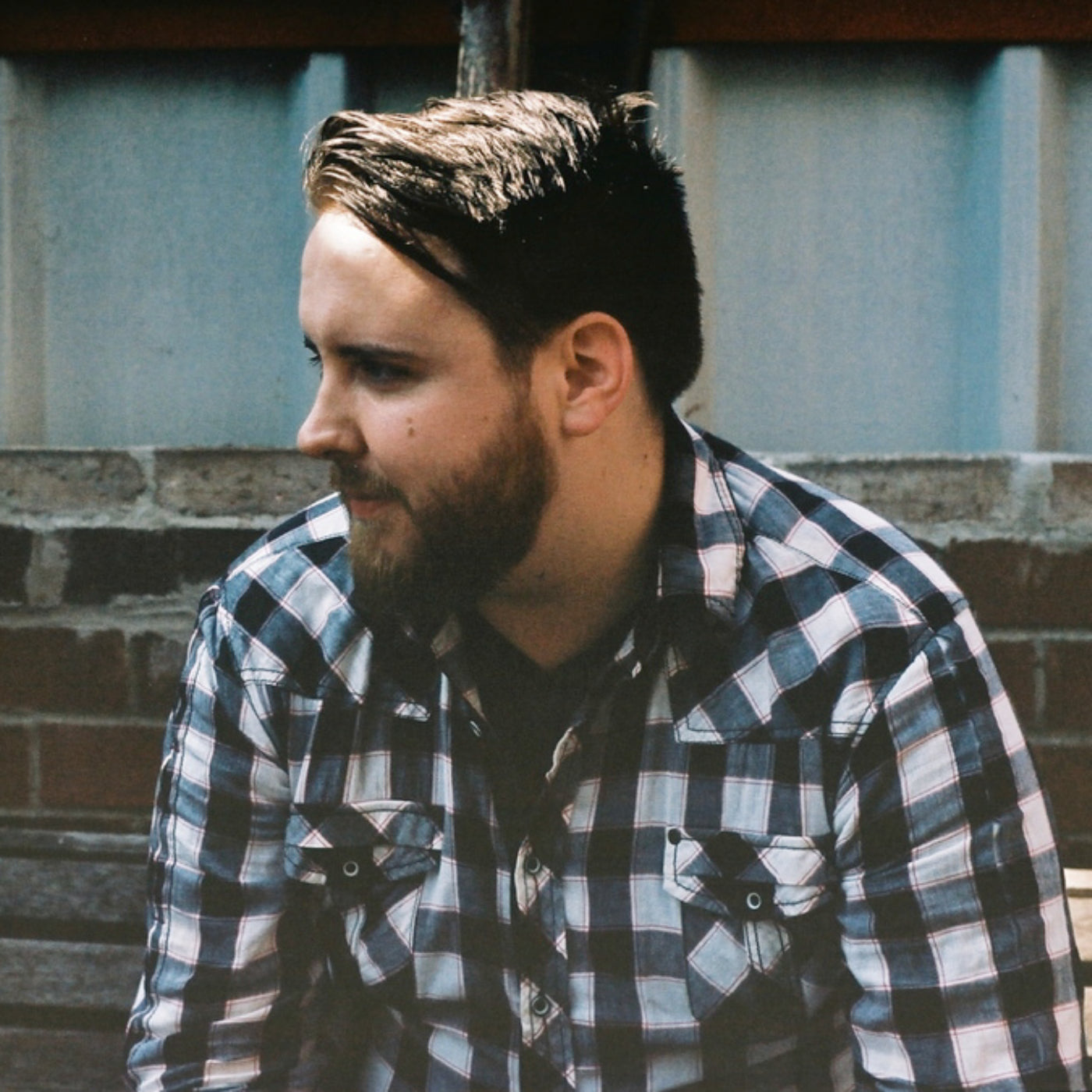
Andrew F. Sullivan
